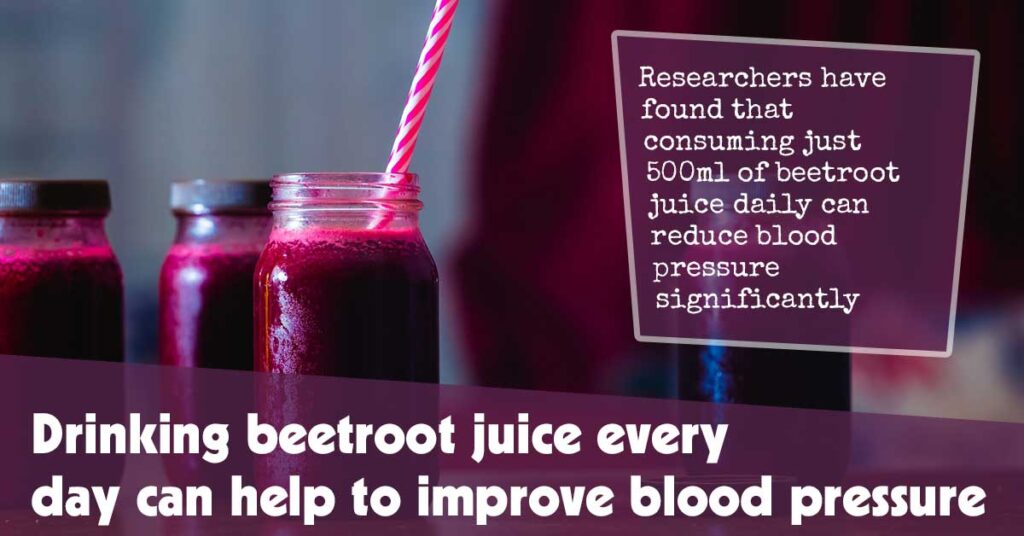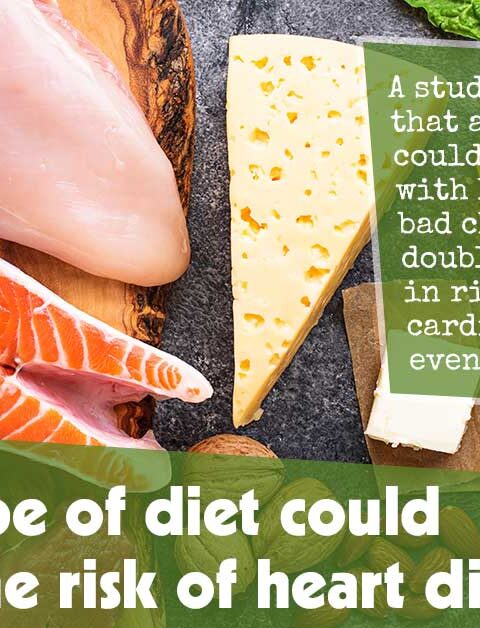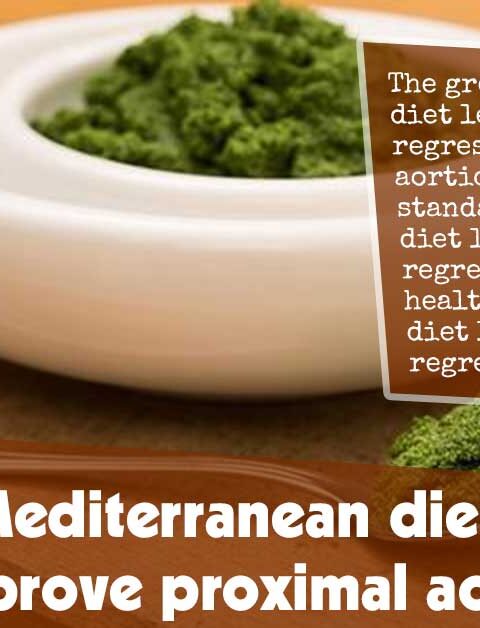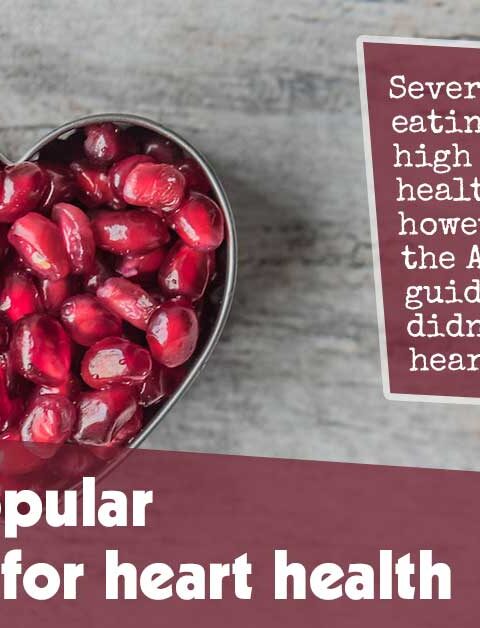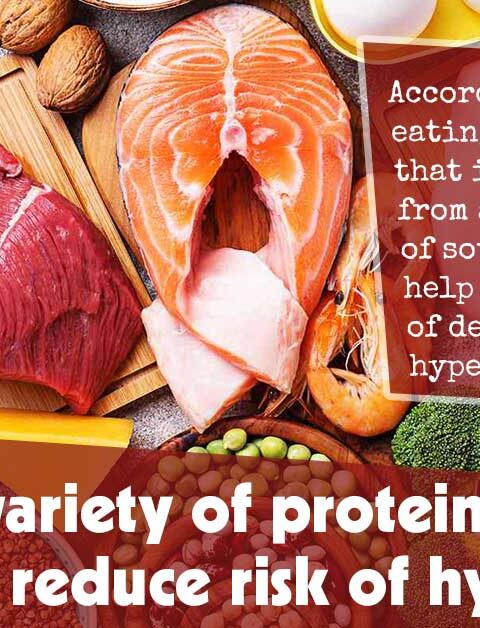Researchers have recently demonstrated that drinking 500ml of beetroot juice daily is effective at lowering high blood pressure. Their research indicates that it’s the dietary nitrate found in beetroot juice as well as green, leafy veggies which is the cause behind its effect, rather than any antioxidant properties of vegetables themselves.
Researchers observed a reduction in blood pressure within 1 hour after drinking beetroot juice, reaching its maximum effectiveness 3 to 4 hours post consumption; some degree of reduction continued being seen up to 24 hours postconsumption.
Researchers demonstrated that the reduction in blood pressure could be explained by the formation of nitrite from juice’s dietary nitrate, converted by bacteria on the tongue into nitrite in saliva and swallowed to be either transformed into nitric oxide in stomach acidic environments or recycled back into circulation as nitrite.
Peak blood pressure reduction times were linked with peak circulating nitrite levels; an effect not observed among participants who did not swallow their saliva while drinking beetroot juice and for three hours afterward.
Hypertension affects over 25% of the world population, and experts project that this percentage will rise to 29% by 2025. Hypertension accounts for 50-75% of coronary heart diseases and strokes worldwide.
Drinking beetroot juice daily improves both blood pressure and endurance in elderly individuals with preserved ejection fraction heart failure, according to research findings.2
Heart failure with preserved ejection fraction is a recently identified condition, reflecting how well the left ventricle pumps with each heart beat. It primarily affects older women and is the most prevalent and rapidly progressing form of cardiovascular illness.
Emerging evidence demonstrates that supplementing with inorganic nitrate has an overall beneficial effect on oxygen metabolism, exercise capacity, vascular health and blood pressure control.
19 individuals participated in this study to see whether taking one dose or multiple daily doses of beetroot juice was more effective for improving exercise intolerance.
Blood pressure and aerobic endurance were first assessed after participants consumed either a placebo or single dose of beetroot juice.
On an average daily basis for seven days, all 19 individuals were given an administration of beetroot juice that contained 6 millimoles of inorganic nitrate – equaling an approximate dosage of 2.4 ounces in this study. Blood pressure and endurance measurements were repeated.
Studies conducted over one week demonstrated that daily consumption of beetroot juice increased aerobic endurance by 24% compared to drinking it just once; cycling time to exhaustion at preset pace less than maximum was used as the measure of aerobic endurance.
Another result was that resting systolic blood pressure was significantly decreased when consumed as either single doses or daily doses from beetroot juice by 5 to 10 mmHg in both groups.
